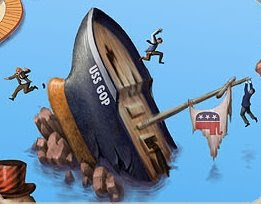The price of having a theocracy is that we give up the freedom to be moral of our own volition. We give up the right to be individual, to make moral decisions for ourselves, to be human and to answer to each other when we don't measure up. We are supposed to answer to a higher, unseen power, because we are supposedly not capable of making and answering for those decisions.
So in a theocracy, moral structure is given up to blind faith that the religion knows best. But which religion is best? Better question, which version of which religion is best? And how does a religion change when it's discovered that what went before is wrong and needs to change? Of course the answer to that is not well at all.
In a sheltered community of like minded people a theocracy can and they have worked because the inhabitants are willing to live under that structure. Of course as the community grows the moral structure of a theocracy starts to bind some of the subjects and they protest. And the end of the community is in sight.
So in a defining moment in human history the founding fathers figured out that even though the majority of them were religious (http://en.wikipedia.org/wiki/Founding_Fathers_of_the_United_States) they should form a government that would not be a theocracy nor have a state or sanctioned religion. Because this would be a nation of men (and women), who ruled for each other, using the rule of law, not the rule of faith.
The rule of law is for and about the community of all of us and the rule of faith is for those that believe.
2 hours ago




